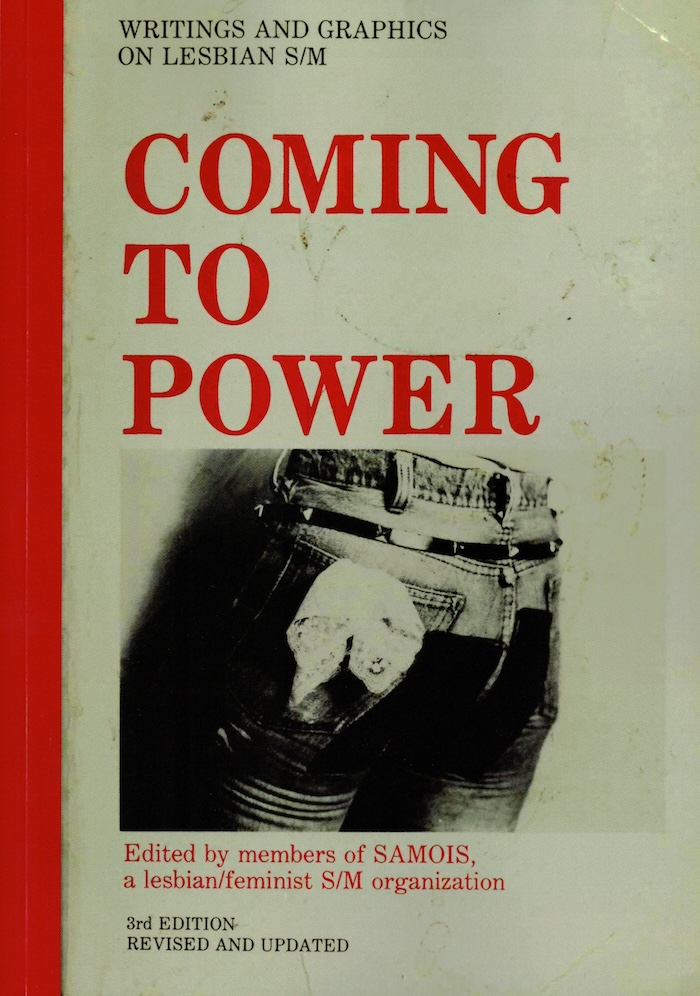
Socialist Realism
When Trisha Low moves West, her journey is motivated by the need to arrive “somewhere better”—someplace utopian, like revolution; or safe, like home; or even clarifying, like identity. Instead, she faces the end of her relationships, a family whose values she has difficulty sharing, and America’s casual racism, sexism, and homophobia.
In this book-length essay, the problem of how to account for one’s life comes to the fore—sliding unpredictably between memory, speculation, self-criticism, and art criticism, Low seeks answers that she knows she won’t find. Attempting to reconcile her desires with her radical politics, she asks: do our quests to fulfill our deepest wishes propel us forward, or keep us trapped in the rubble of our deteriorating world?
Winner of the 2020 Lambda Literary Award for Bisexual Nonfiction.




